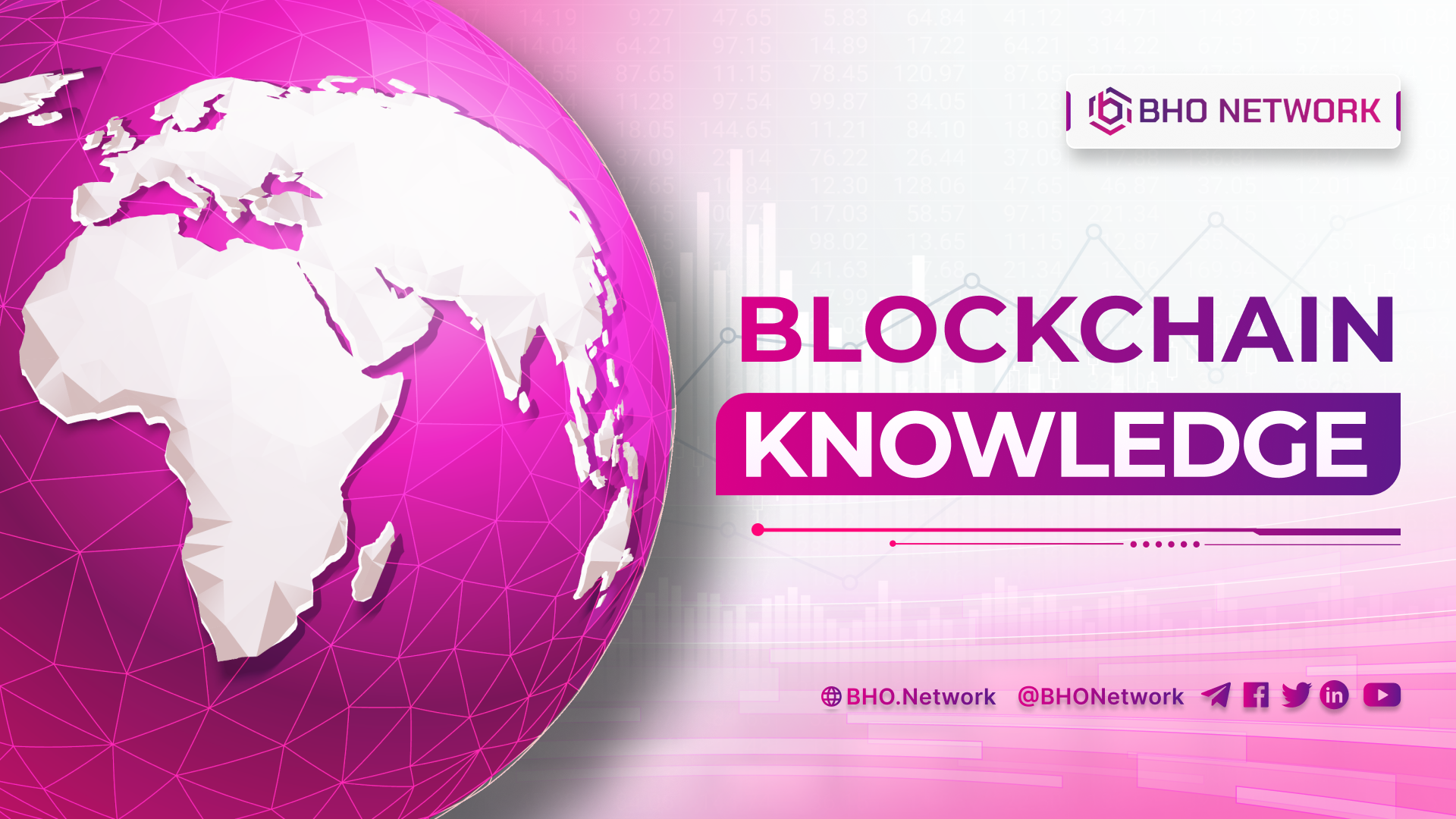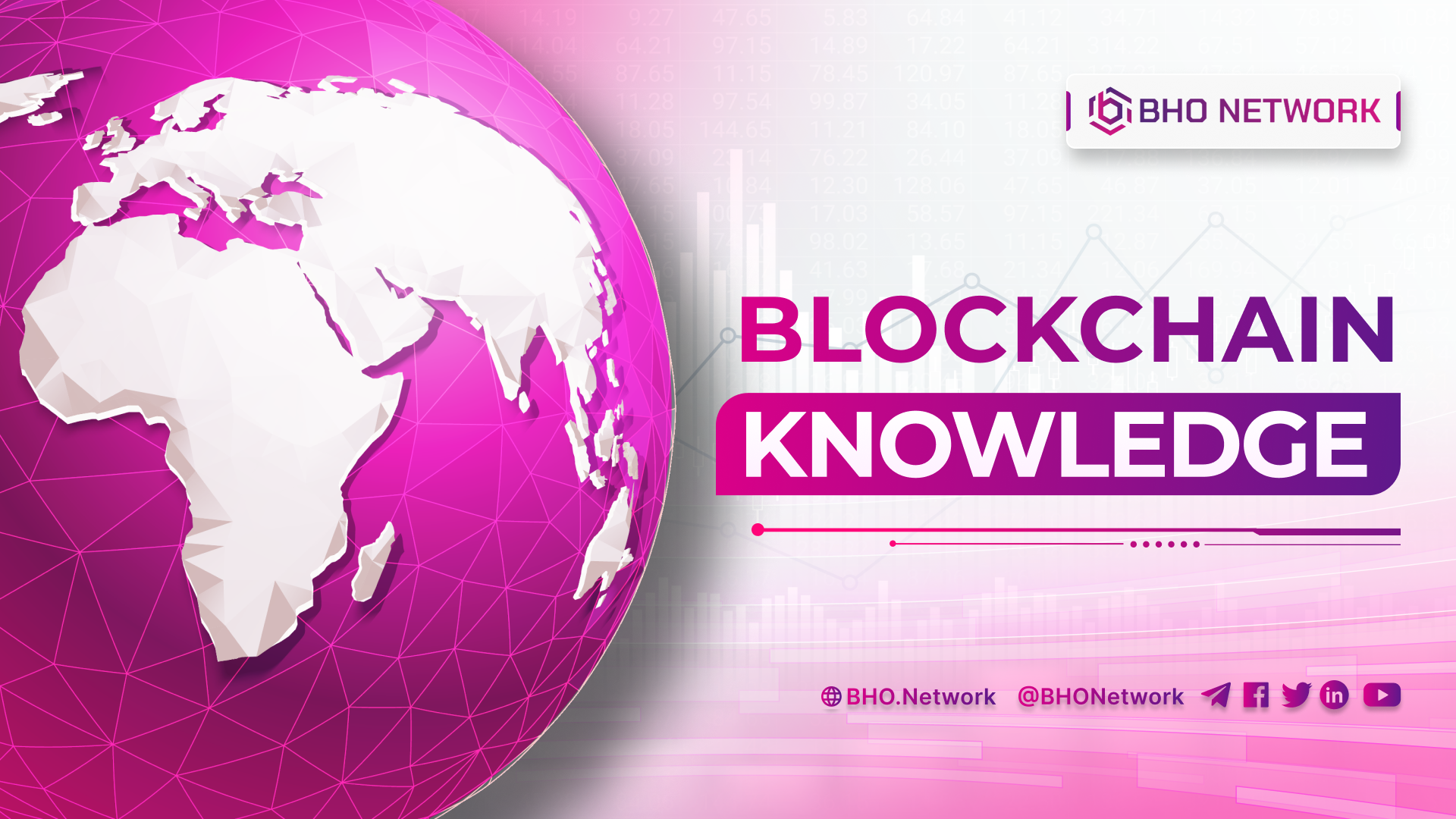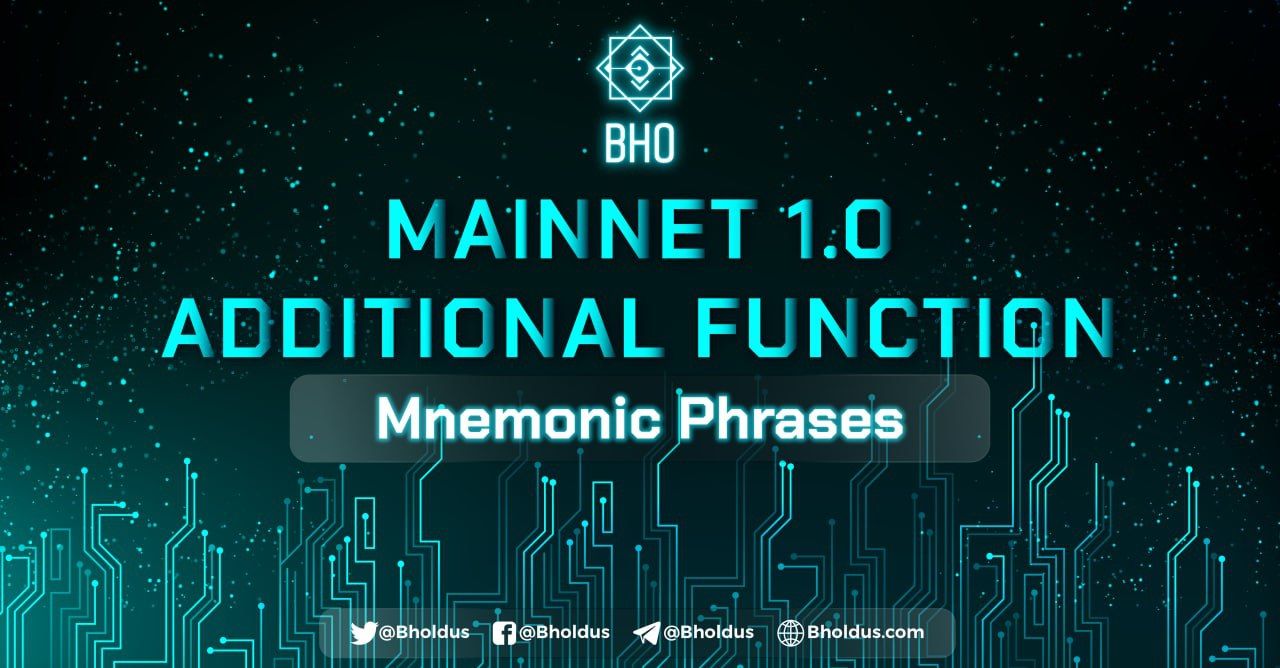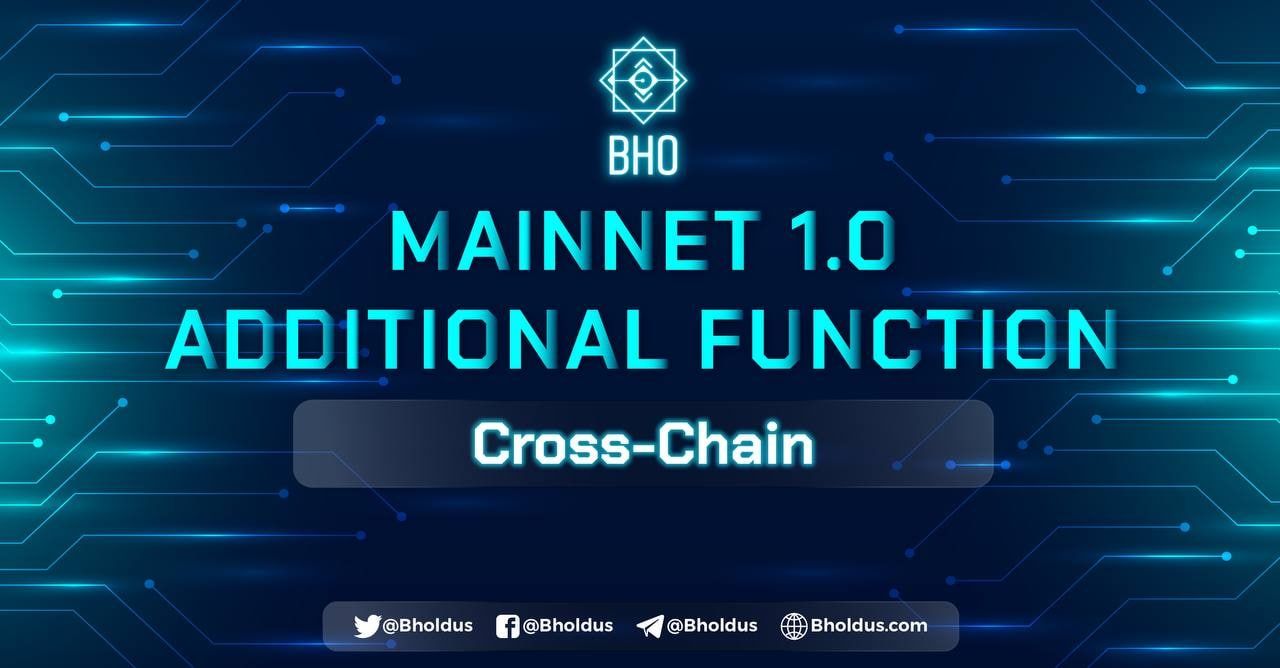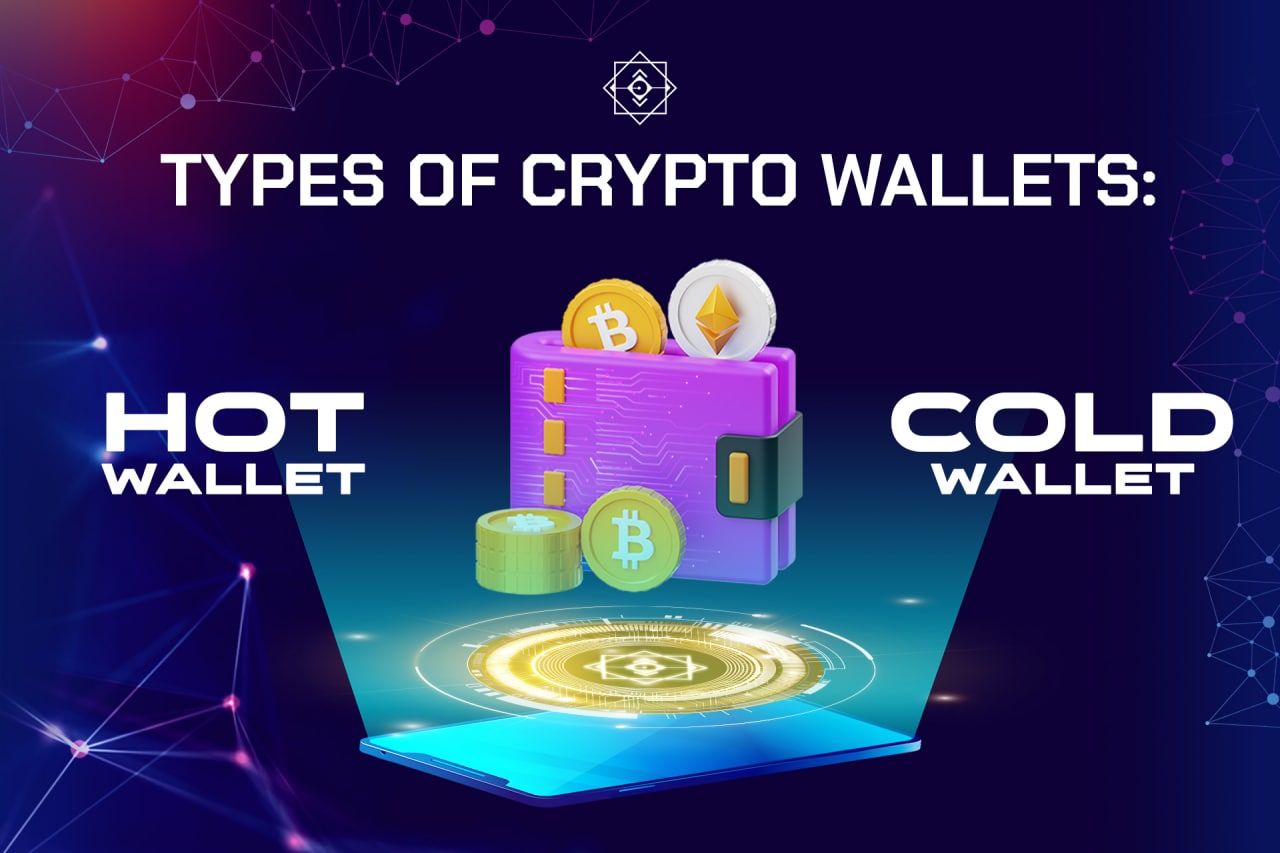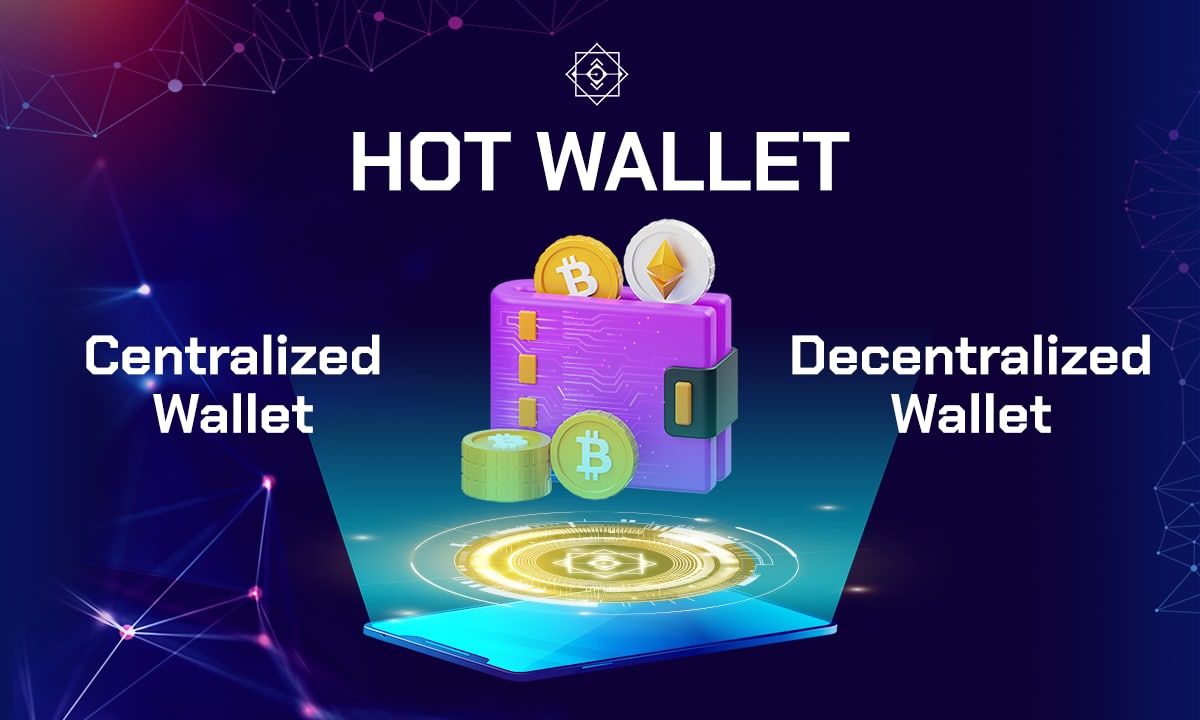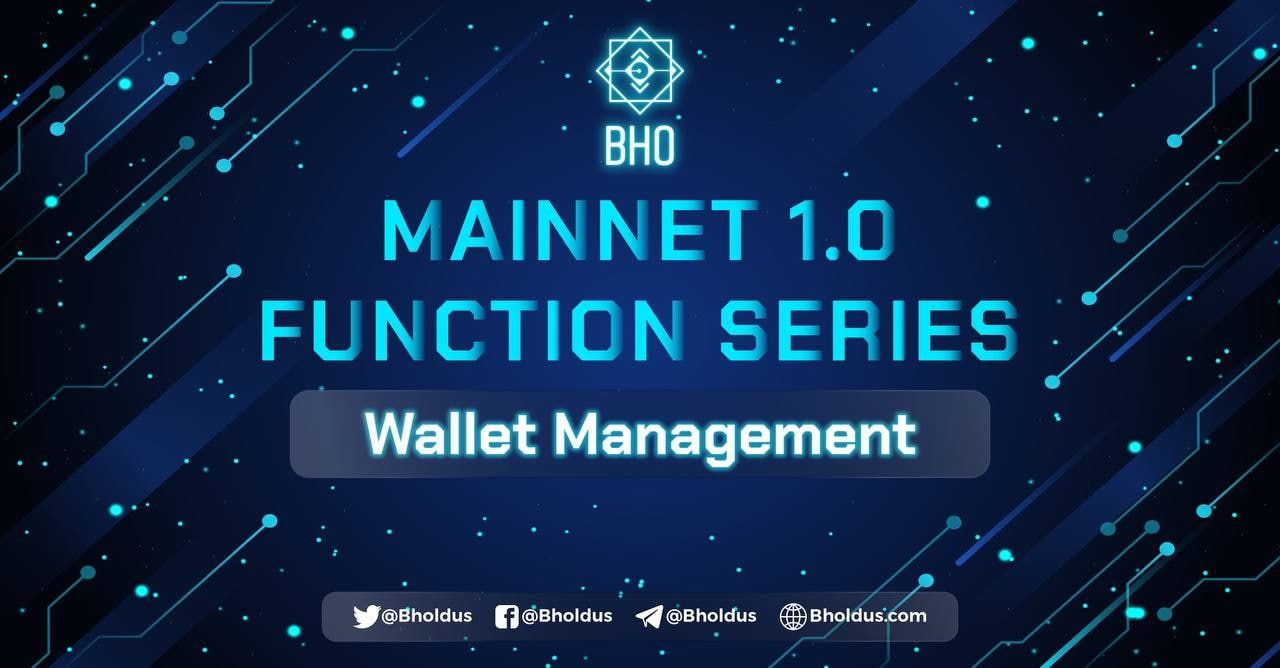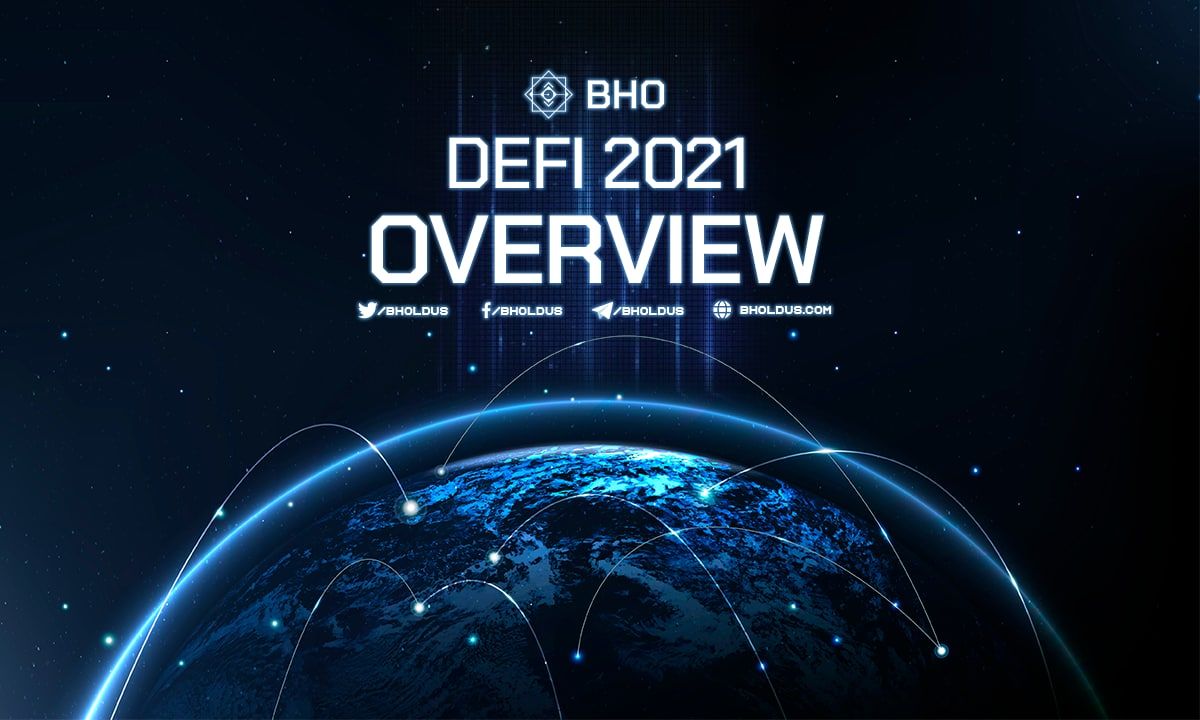- Blog
- Crypto News
- 5G Private Network + Blockchain: Building a “Cornerstone of Security and Trust” for Smart Government Affairs
5G Private Network + Blockchain: Building a “Cornerstone of Security and Trust” for Smart Government Affairs
- 5G private network security advantages highlight
- Blockchain solves the trust problem
- “5G Private Network + Blockchain” is promising
- “5G Private Network + Blockchain” can ensure the security, efficiency and transparency of smart government operations, meet the government service requirements of “one network, one network, and one network”, and enhance the government’s credibility.
In the process of helping government informatization and achieving barrier-free government applications, smart government affairs have increasingly highlighted challenges such as sharing government affairs data and balancing security and efficiency. There are “data barriers” in the exchange of horizontal and vertical information, and government affairs coordination also lacks a certain trust foundation. Smart government affairs make full use of the high security of 5G private network data, and at the same time utilize the advantages of the non-tamperable storage method of blockchain technology, which can establish a trust foundation for data interaction and jointly build a “security trust cornerstone.”
5G private network security advantages highlight
Through flexible physical layer resource configuration, 5G has larger access capacity, faster speed and stronger business capabilities, and its service scope has been further expanded from traditional personal-oriented mobile communications to the Internet of Everything. The 5G system non-public network (NPN) architecture integrates two modes of PNI-NPN through independent non-public network SNPN and public network, providing vertical industries (such as government affairs, petrochemical industry, power grid and other industries) with traditional operators’ public network (PLMN). ) Isolated 5G basic communication network. Using its flexible networking advantages, 5G non-public networks can effectively meet the security isolation requirements of various local area networks and WAN connectivity requirements in the construction of smart government affairs, provide customized resources and service quality guarantees, and support various applications in various mobile government affairs scenarios .
The 5G private government network can adopt the shared 5G private government network (PNI-NPN) mode. This model is based on the operator’s 5G authorized frequency band construction, and shares network resources with the public network. The network equipment comes from the existing public network resources of the operators, and uses technical means such as slicing to build a wireless private network for government users; the core network and wireless network resources of the private network can be separated from each other by “soft segmentation” to ensure the security of the government private network. Latency and reliability (MEC and UPF can be built locally). The shared 5G government private network and the operator’s 5G public network information realize “soft isolation”, and data transmission is safe.
Another networking mode is the exclusive 5G government private network (SNPN). This model adopts its own dedicated frequency band for government affairs industry (private frequency band), and builds all the facilities of its own government affairs private network; it has ultra-low end-to-end latency and supports various applications with large bandwidth and low latency. The exclusive 5G government private network and the operator’s 5G public network information are “hardly isolated”, and the network is end-to-end autonomous and controllable, thereby ensuring absolute data security.
Blockchain solves the trust problem
Blockchain technology adopts encryption algorithm, point-to-point transmission, distributed data storage and consensus mechanism of data application mode. It is jointly maintained by multiple parties. It uses cryptography to ensure the security of transmission and access, and it is ensured in a distributed, non-tamperable and credible manner. The irrefutable, completeness and traceability of the recorded transactions is a decentralized database technology.
The blockchain network uses peer-to-peer communication to store data in units of block nodes. Block nodes combine cryptographic algorithms to form a chain data structure in chronological order. All participants in the system jointly participate in the storage, verification and maintenance of the latest block data. The exchange between block nodes in the entire blockchain system follows a fixed algorithm and does not need to trust anyone. As the number of participating block nodes increases, the security of the entire blockchain system increases instead, so as to achieve data The purpose cannot be tampered with. The characteristics of non-tampering, decentralization, and traceability have built the core application capabilities of the blockchain. Relying on its unique trust establishment mechanism, blockchain is changing the credit operation rules of all walks of life today, and it has become an important technology for building a new type of social trust system.
“5G Private Network + Blockchain” is promising
The powerful combination of 5G private network and blockchain technology has spawned a wealth of application scenarios in the field of smart government affairs. On the one hand, the characteristics of the 5G private network are highly compatible with the ever-increasing data connection requirements in the development of smart government, and its security and contract management service framework can also meet the security requirements of the government industry. On the other hand, by virtue of its safe and reliable technical characteristics, blockchain technology can effectively solve the problems of privacy and trust in the process of government data collection and transmission, sharing and exchange, and fusion processing. Therefore, “5G Private Network + Blockchain” can provide safe and credible data interoperability for smart government systems, and effectively improve the efficiency of government departments’ urban management and public services.
E-government—In the field of e-government, innovate government service processes by building a 5G private network for the government industry.
By adopting 5G private network, network elements related to government services are isolated from public network equipment, and network resources are exclusively used; dedicated network equipment such as customized UPFs is used to provide end-to-end security guarantee for government data, thereby ensuring the security of various government data information on the mobile terminal. Collection and transmission are protected from security threats.
Complete the sharing of structured data through the blockchain network, establish a trust system that is not controlled by humans, realize data confirmation, secure encryption, and multi-party secure computing, and open up the “data islands” between various government departments. The data interconnection between the upper and lower levels of the department provides a safe and reliable environment to realize the cross-sharing of government information and data, the full-process storage of government data, and the full-life cycle management.
“5G Private Network + Blockchain” can ensure the security, efficiency and transparency of smart government operations, meet the government service requirements of “one network, one network, and one network”, and enhance the government’s credibility.
Security monitoring -Security monitoring covers the main data transmission link of smart government construction, is the core link of smart government, and is valued by government departments at all levels. And 5G wireless security monitoring equipment has the characteristics of easy installation, strong flexibility, and high cost performance. A large number of 5G cameras, sensors and security alarms have been deployed by government departments on a large scale. Through the deployment of 5G government affairs private network, it can effectively guarantee the network access, bandwidth and data security requirements of various security alarms, sensors and camera equipment; use the sinking deployment of UPF and MEC units to build the edge nodes of the 5G government affairs private network, thereby Computing power sinks to the edge close to the data source, realizing the local storage and rapid processing of large bandwidth consumption and delay-sensitive data from sensors and ultra-high-definition cameras.
It is worth noting that the storage of electronic evidence is particularly important in the process of government security monitoring and management. Using the distributed storage, time stamp mechanism, and non-tampering features of blockchain technology, the secure storage of electronic evidence such as various videos of security monitoring can be realized: the integrity of electronic data is verified by comparing the hash value of the blockchain, Use asymmetric encryption technology to encrypt electronic evidence to ensure the transmission security of all kinds of data, so as to ensure the authenticity and security of the evidence, solve the security trust problem faced by traditional monitoring and storage, and reduce data fraud and shirk security through technical means Liability and other hidden dangers.
Livelihood management - At present, the “5G private network + blockchain” has been fully integrated with artificial intelligence, cloud computing, big data and other technologies, and applied to food safety, education, medical, real estate, and other livelihood services that require trust and collaboration. Digital identity authentication, social credit platforms, etc., will also be able to switch to the underlying architecture platform based on “5G﹢blockchain” in the future.
“5G Private Network﹢Blockchain” uses portable mobile terminals to aggregate and record various types of public information such as administrative punishment, credit, real estate, and medical care in the digital identity of the corresponding person or object, ensuring that data is collected, Every step from transaction to circulation is reliably retained and traceable. On this basis, Smart Government has built a complete and reliable people’s livelihood credit service management system, simplified the process of various people’s livelihood affairs, and provided safe and reliable smart people’s livelihood services.
Published on March 10, 2022
Tagged topics
